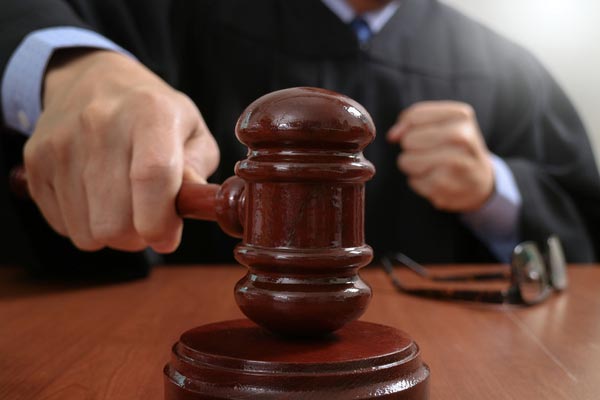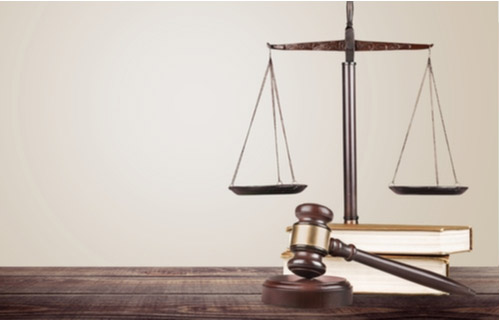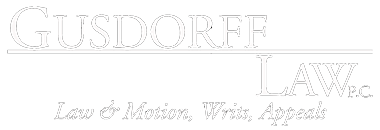- Appellate Litigation
U.S. Courts of Appeals are frequently called upon to interpret questions that arise in state law. Although they generally have the authority to do so, appellate judges may choose another route: certification. By certifying questions of state law, Federal Appellate Courts judges can respect federalism while gaining the information needed to issue an opinion.
Certification has become more popular in recent years, and it’s a tool you need to know about in your federal appeal. The appellate attorneys of Gusdorff Law have you covered.
What is Certification?
A federal court, including a U.S. Court of Appeals, may be tasked with deciding a novel question of state law. The Court, in seeking a clear answer to the question, can certify the matter to the state’s supreme court. Certification means asking the state supreme court to give an opinion on a legal matter that hasn’t yet been settled. When federal appellate courts receive the answer, they can apply it to the pending appeal.
By certifying the matter, the U.S. Court of Appeals does not send the whole case back to the state court. It also does not waive its authority to decide the case or give up its jurisdiction. Rather, the Court recognizes the unique nature of the question and merely defers to the wisdom of the state supreme court on the limited scope of the state law issue.
In a federal appeal, the question of whether to certify rests within the Court’s sound discretion. Also, just because state law is unsettled on the matter does not obligate the Court to certify said matter. But federal courts recognize the potential impact of their decisions on state governments and laws. Out of respect for federalist principles, and mindful of its power, the Court may formally request the state’s input. This is the essence of certification.
Recent Examples of Federal Appellate Courts Certifying State Law
The desire to certify often arises when a state law is arguably in conflict with federal law. An example of this arose in a 2020 U.S. Supreme Court case, U.S. v. Washington. That matter involved a state law that applied to federal workers cleaning up a nuclear site.
The justices questioned whether certification to the Washington Supreme Court was appropriate. U.S. Courts of Appeals can also certify questions to state supreme courts. From 2015 to 2019, in fact, the U.S. Court of Appeals for the Ninth Circuit certified 84 questions of state law.
How Does Certification Work?
Nearly every state has a law or court rule allowing its supreme court to accept certified questions from federal courts. During a federal appeal, a party can motion for certification, or the court can do so sua sponte. The Ninth Circuit does not have specific rules on when or how to move for certification.
But once a state supreme court accepts the certification, its rules apply in answering the question. Briefing, oral argument, and other matters are therefore governed by the state. Once the question is answered, it is sent back to the federal court.
Should You Certify? Gusdorff Law Can Help Answer That Question
Whether you should move for certification in your federal appeal is an important question. The process will likely delay the appeal and involves several different considerations. If there’s a tricky question of state law in your federal appeal, however, you should consider using this tool.
Gusdorff Law can help you decide whether to certify. Our firm handles both California state and federal appeals, and we’re ready to work with you today. Give us a call to learn more.









